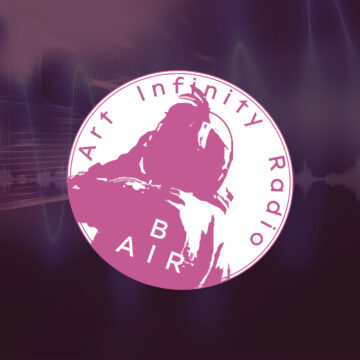
The webinars will take place every Tuesday (except holiday weeks) in April and May 2021, from 6 pm to 7.30 pm CET.
The webinar speakers are experts from the field of neuroscience, psychology, pedagogy, musical pedagogy, musicology, cultural practice, media etc., invited by B-AIR project partners.
The webinars are a part of the program scheme B-AIR Open Lab which aims to enable and encourage the exchange of knowledge on the impact of sound on human development, in order to systematize the existing knowledge and experiences for their application in practice.
The working language of the webinars is English. The platform used will be ZOOM.
Registering for the webinars: GOOGLE FORM
PROGRAM
DEVELOPMENTAL GUIDELINES IN CREATING CHILDREN’S ENCOUNTERS WITH THE ARTS
April 20, 2021, 18-19:30 – Ana Čorić in interview with Valnea Žauhar, PhD, Sabina Vidulin, PhD (Croatia), authors of the research-based book Cognitive-emotional music listening in school
The purpose of music listening in school is to shape students’ world view regarding culture and arts, as well as to contribute to their aesthetic education. Croatian elementary schools use the ‘standard model’, which focuses on the cognitive dimension. In order to increase attention, motivation, listening habits, and acceptance of artistic music, a cognitive-emotional approach is suggested that connects musical and extra-musical content in multiple modalities. The goal of the research is to compare the effects of the cognitive-emotional approach versus the standard approach to music teaching on the cognitive and emotional aspects of music listening. 557 year 5 students from 30 classes participated in the research. They listened to Khachaturian’s Masquerade, Beethoven’s Wellington’s Victory, Rimsky- Korsakov’s Scheherazade, and Fauré’s Pavane, as well as answering questions related to the cognitive and emotional aspects of music listening. Fifteen classrooms used the standard approach, while the other fifteen used the cognitive-emotional approach. Student responses generally did not differ in the cognitive aspect. In the emotional aspect, Scheherazade and Pavane engendered somewhat more intense dominant emotions when the cognitive-emotional approach was used.
EDUCATION – CREATION – RESEARCH
May 11, 2021, 18-19:30 – Ana Čorić (Croatia), presenting the method of A/r/tography as a guide through developing artistic material for children
A/r/tography is an arts and education practice-based form of action research grounded in the dynamic interaction between researcher’s multiple identities. As an artist, researcher and a teacher, a/r/tographer goes beyond formal education in search for his/her educational mission within the community. In this lecture several examples of interdisciplinary a/r/tographic research will be presented. The focus will be on developing artistic material for children, as the invitation for interested artists, educators and scholars to think through art making, researching, teaching and experiential learning, as well as the contribution to their professional growth.
May 18, 2021 (tentative), 18-19:30 – Pavlica Bajsić Brazzoduro in interview with Biserka Vučković (Croatia), presenting radio drama creativity for children
Further lectures TBC.